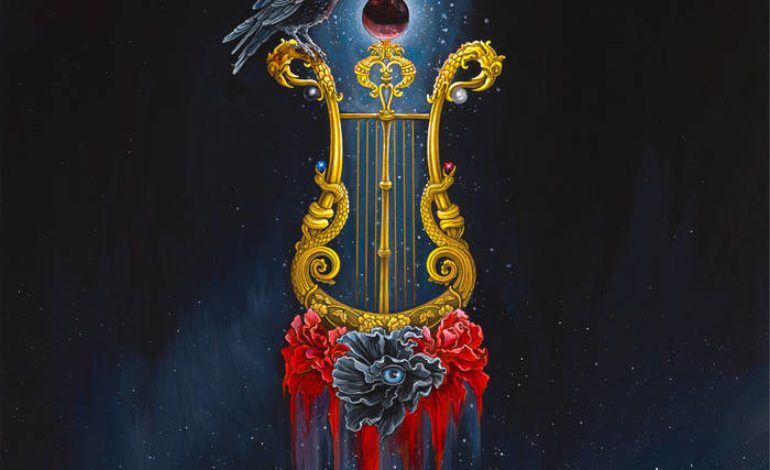

Whispers of something once thrilling
Many years ago, there was something to be said about the novelty of post-rock and post-metal. One assumes that the same novelty must explode the mind of every recent high school grad/music nerd who stumbles across the genre while digging through the dusty archives of music journalism sites. But there’s a reason that the allure of post-rock and post-metal is fleeting. Without innovation and passion, the genre became a parody of itself, something that it largely remains viewed as to this day. Mustard Gas and Roses, however, fights against this stereotype as one of the few warriors who has broken through the enemy’s tightly lined shields. Michael Gallagher, a key member of ISIS, helms the band. At first glance, this gives at least some sense of promise, but upon listening, people are left asking why ISIS sounds so fresh and this sounds so… stale?
Digging into the album, it seems like something that should work. The instruments are pleasant, the crescendos are loud but nothing ever gets people’s heart racing. Repeated listens reveal the answer. People have heard this before. Take “Shadows,” the opening track of We Are One, it begins with slowly building guitars that burst a crescendo at the behest of Gallagher’s vocals, and a rolling set of drums that guide the upward trajectory of the song. But Gallagher’s vocal performance is mild and subdued, in a near imitation of Michael Gira of the legendary Swans. This becomes a recurring theme, not just in the vocals, but in everything.
“Becoming,” the second track of the EP, does nothing to shake this feeling. The bulk of the track is composed of a vaguely Middle-Eastern guitar style, something tremendously common in post-rock, courtesy of the sister-genre and frequent bedfellow known as psych-rock. Otherwise, it languishes in the doldrums, content to slowly strum one’s time away until “Exercise One” clicks into existence. Clocking in at two minutes and 46 seconds, “Exercise One” is more an intermission than a song, but by that same token, it stands out as one of the more enjoyable tracks on the record thanks to a steady, driving build that actually fits Gallagher’s bored singing style.
Closing out the record, and lasting for a little over 10 minutes, “Cop Shoot Cop” should be the best track on the album. In some ways, it fulfills that expectation. The track bobs and weaves its way through seemingly dozens of musical styles over its 10 minutes, many of which manage to hold one’s attention. But after pulling it apart layer by layer, it’s hard not to imagine the band screaming, “Didn’t you hear the part where I sounded like an artist you all love?!” The vocals through the first quarter and second third of the track at least drop the most overt Gira influences, but whatever hand space was freed up when Gira was dropped is quickly filled by Lou Reed. Influence is not a bad thing, to be clear, but one must have higher expectations when dealing with artists of this caliber.
As is often the case, there is nothing explicitly wrong with We Are One. At a certain point though, that begins to become a flaw all its own. Doing the things one knows they can do only gets people so far, and a mistake at least implies an attempt to reach out of one’s box. For now, people are stuck with whispers of something that sounded innovative in 1991. It’s a surprise it isn’t caked in dust already.
